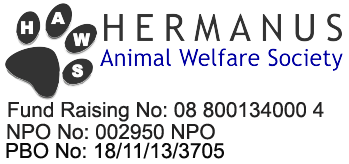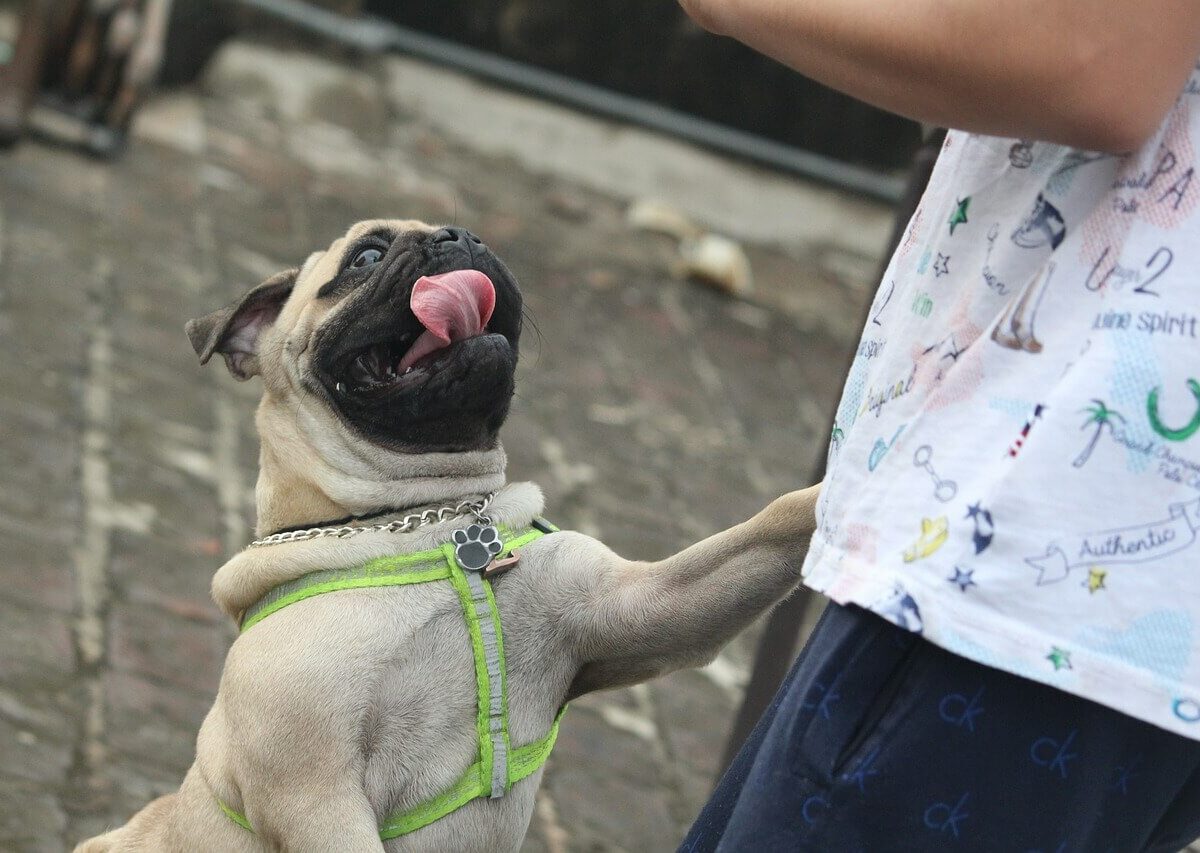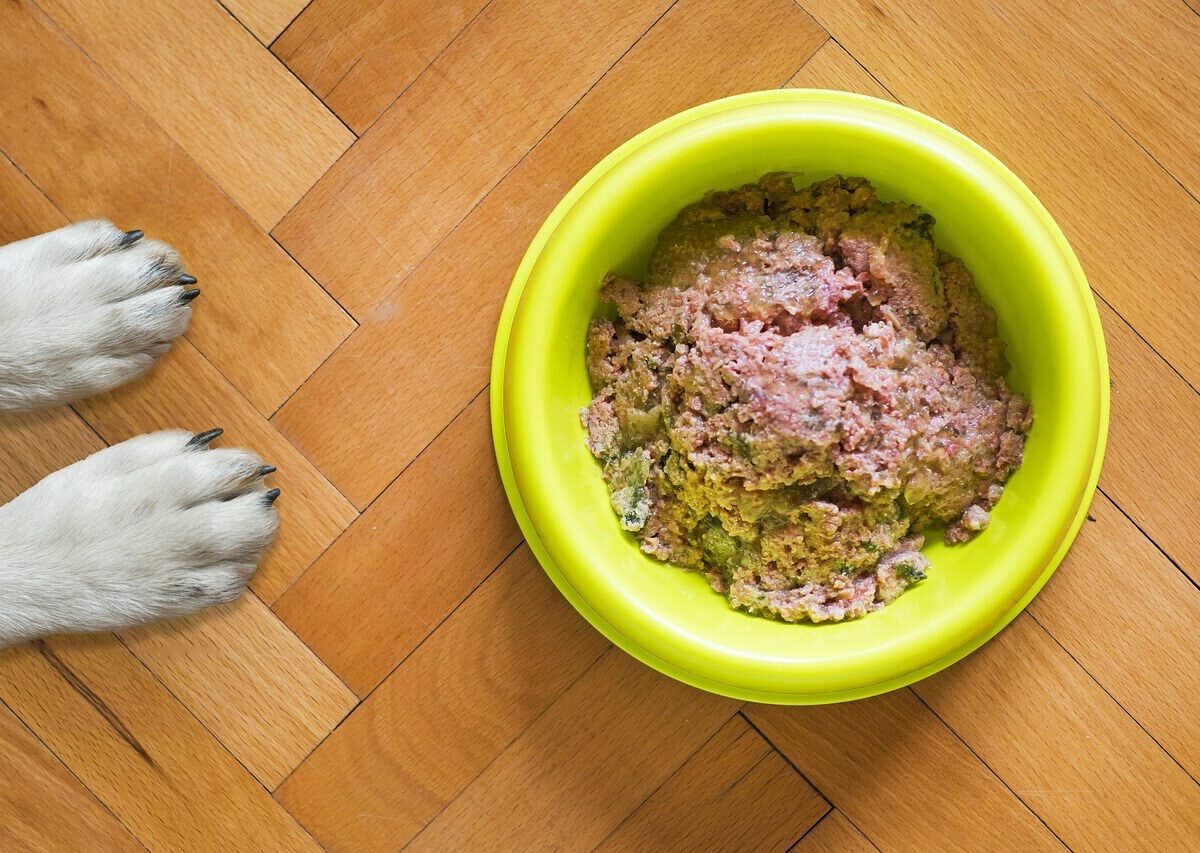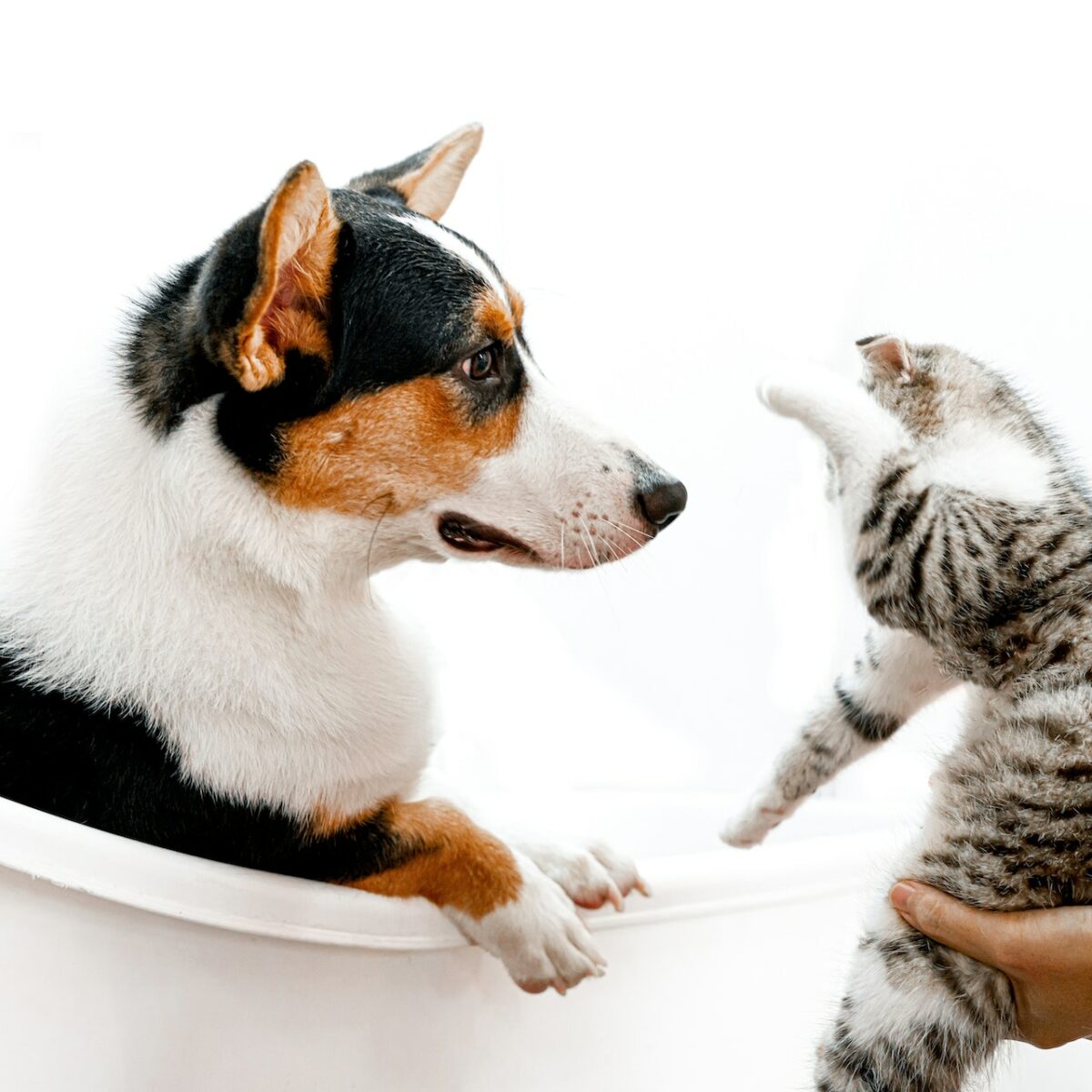- We speak for those who have no voice
- (+27) 028 312 1281
- (+27) 072 360 0102
- adoptions@hermanusanimalwelfare.co.za
Your Dog’s Basic Needs

How to Introduce Kids to Your Adopted Dog
May 22, 2023
How to Stop Dogs from Jumping Up
May 22, 2023Water
Ensure that all your animals have unlimited access to fresh, clean drinking water at all times. Keep water bowls out of the sun and clean them regularly.
Food
Depending on his age and breed the nutritional requirements of your dog will differ. You can divide the daily rations into 2 parts and feed morning and evenings. Puppies require 4 feeds a day, reducing this as they mature. Do not keep your dog too hungry or too slim – this can increase aggression in some breeds, and behaviour problems. Treat your dog as an individual, not strictly according to amounts on food bags – if your dog exercises a lot, he will require more. If you have any questions please consult your vet. Be aware that some foods we humans enjoy can have disastrous consequences for your pet. (See section on poisonous foods). What type of food to give your dog is also quite controversial with many schools of thought – pellets versus home made meals. We suggest you research this area yourself well. More discussed on this later. Further information on diets and feeding is on this site.
Things to chew on
Dogs love and need to chew. Provide your puppy or dog with appropriate chews or he will find something you would rather keep “un-chewed”. Cow hooves, dry pig ears, rawhide chews, kong toys stuffed with food or big meaty raw beef bones are all suitable(joints please not the long bones) Please remove chews that have become too small and can be swallowed. Try and establish where the chew are made – imported chews are often made in China with dubious ingredients…..get local.
Access to green grass
Dogs often eat grass as a digestive aid and will chew on and then vomit up again. This is natural.
Shelter
Ensure that your pet has access to appropriate, comfortable shelter to protect him against heat, cold and rain at all times. Clean out kennel periodically and wash bedding every few weeks. Keep your dog’s sleeping quarters and bedding clean and free of parasites .Air bedding in the sun often and you can dust with diatomaceous earth for parasites. See below under parasites.
Companionship
Dogs are highly social animals, who need social interaction with your family and other dogs. They thrive on your attention. Please do not sentence your dog to a lonely life in your backyard or on a chain. A dog needs to be part of the family and even an outdoor dog benefits greatly from some time indoors.
Exercise
Dogs need mental stimulation and daily physical exercise to maintain their well-being. Games can be a great source of exercise and fun for both you and your dog. If you are unable to take long walks, just a daily walk around the block at least gives your dog mental stimulation to another world outside – let him sniff along the way as much as needed. These daily outside excursions are very important if your dog is unable to see outside – have at least one gate or opening where your dog can check what is happening outside – this is important for their mental health.
Training
Please teach your dog good manners. Only a dog that has been taught how to behave is a free dog – free to accompany you and be part of your life. Decide as soon as you get your new puppy or adult dog what is acceptable behaviour for you in your circumstances and teach your pet what you expect of him. In a nutshell, shape desired behaviour through reward and encouragement and ignore bad behaviour. Distract your dog if he engages in things you do not want him to do and get him to perform an easy command for you for which he can be rewarded. If you get a puppy it is absolutely essential to enroll him into a good puppy class, where he can be properly socialized and prepared for all the things he will encounter in his future as a family pet. Note that puppy classes are not training classes and after socialising it will be necessary to go onto training for dog discipline! See contacts elsewhere on this website.
Boundaries
Dogs need boundaries and is up to you to set and maintain them.
Vaccination and veterinary care
Especially puppies need vaccinations to keep them safe from possibly fatal diseases. Speak to your vet about a suitable vaccination schedule.
Sterilization
All dogs and cats should be sterilized before they have a chance to have a litter. Please play your part in helping us reduce the huge number of unwanted animals. Be aware that It is also illegal to breed your dog unless you are a registered breeder. Please acquaint yourself with the new municipal bylaws in your area. They have been upgraded and are quite strict now.
Protection against internal and external parasites
Use suitable products against ticks and fleas and follow a deworming schedule as recommended by your vet. Be aware of the risk of serious illnesses caused by ticks and consult your vet immediately if your dog goes off his food. Another tell tale sign for biliary (tick bite fever) are pale gums and lack of visible bloodvessels on the eye balls.
Shampoo with Ultrum plus from a vet
There is the herb pyrethrum in this which kills fleas – try and keep the shampoo on for 10 min.. There are other herb shampoos that are flea repellent.
Identification
Please make sure that your dog wears a collar with your contact details. Collars should fit in such a way that you can fit three fingers between the collar and your dog’s neck. Adjust collars as your dog grows. A microchip is a great way to identify your animal permanently and makes the job to reunite you with your pet so much easier. A microchip the size of a grain of rice is injected into your dog’s neck and can be read via a scanner at nearly all vets and animal welfares.
Protection against harm
Keep your pet out of harm’s way and make sure they are safe even if you are on holiday. A dog should be kept in an enclosed garden AND BE ABLE TO SEE OUTSIDE for his mental health. Please arrange an opening if you have a solid wall with no view for your pet!! They will dig less!! Also See house sitters below.




